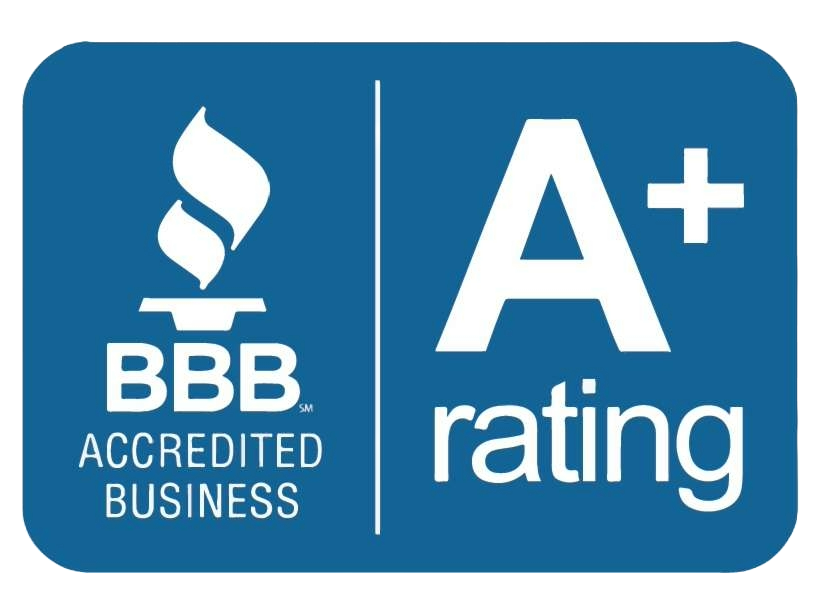
Foreclosure and preforeclosure are two terms that are commonly used in the real estate industry. While these terms may sound similar, they have very different meanings and implications for both homeowners and potential buyers.
What is Foreclosure?
Foreclosure is a legal process that occurs when a homeowner is unable to make their mortgage payments. When a homeowner falls behind on their mortgage payments, the lender can initiate foreclosure proceedings, which can ultimately result in the loss of the home. Foreclosure is a serious event that can have long-lasting consequences for homeowners, including damage to their credit score and difficulty obtaining future loans.
What is Preforeclosure?
Preforeclosure, on the other hand, is a critical phase that occurs before the formal foreclosure process begins, providing homeowners with a valuable opportunity to take action and potentially avoid the devastating consequences of foreclosure. During this time, the homeowner has fallen behind on mortgage payments, but the lender has not yet started legal proceedings. This window of opportunity allows homeowners to engage in discussions with their lender, exploring options like a loan modification, which could reduce monthly payments or extend the loan term, or a short sale, where the lender agrees to let the property be sold for less than the remaining mortgage balance. Additionally, homeowners may be able to work out a repayment plan or other solutions that can help them get back on track. Preforeclosure offers a chance to regain control over the situation before things escalate, and in many cases, acting quickly can protect the homeowner’s credit score, prevent foreclosure, and provide a fresh start without the lasting damage of a foreclosure on their record.
The Timeline
One of the main differences between foreclosure and preforeclosure is the timeline. Foreclosure is a lengthy legal process that can take months or even years to complete. During this time, the homeowner may have the opportunity to stay in the home and make arrangements to catch up on their mortgage payments. However, once the foreclosure process is complete, the homeowner will be forced to vacate the property.
Preforeclosure, on the other hand, is a much shorter period of time. Typically, preforeclosure lasts only a few months before the lender initiates foreclosure proceedings. During this time, the homeowner may have the opportunity to work with their lender to find a solution to their financial difficulties. However, if a solution is not found, the homeowner will still be at risk of losing their home.
Long Term Effects
Another key difference between foreclosure and preforeclosure is the significant impact they can have on the homeowner’s credit score. Foreclosure is a major financial event that can cause a substantial drop in a homeowner’s credit score, often by as much as 100 to 200 points. This can make it difficult for the individual to secure future loans, obtain credit cards, or even rent a home, as most landlords and lenders will view a foreclosure as a major red flag. In addition to the lower credit score, a foreclosure typically results in higher interest rates and fees for any future borrowing, making it more expensive to access credit. Furthermore, the foreclosure will remain on the homeowner’s credit report for up to seven years, which can be a long-lasting financial burden that hinders their ability to rebuild their financial health.
Preforeclosure, on the other hand, offers homeowners a chance to take action before their credit is severely impacted. While falling behind on mortgage payments does start to affect the homeowner’s credit score, the damage is typically less severe than that caused by a foreclosure. During preforeclosure, homeowners can work with their lender to explore options such as a loan modification, repayment plan, or short sale, which can help them avoid foreclosure and minimize the negative effects on their credit. By proactively engaging with the lender and addressing the financial difficulties before the situation escalates, homeowners can often mitigate some of the damage and, in some cases, prevent a significant drop in their credit score. Taking steps during preforeclosure can make a crucial difference in preserving a homeowner’s financial future and increasing their chances of recovering financially in the years ahead.
Buying Properties in Foreclosure or Preforeclosure
For potential buyers, there are also important differences between foreclosure and preforeclosure. Foreclosed properties are typically sold at auction, and buyers must be prepared to pay cash or obtain financing quickly in order to purchase the property. Additionally, buyers may need to deal with issues such as liens, unpaid taxes, or evictions.
Preforeclosed properties, on the other hand, may be available for sale through a short sale. During a short sale, the homeowner sells the property for less than the amount owed on the mortgage, and the lender agrees to accept the proceeds as payment in full. Short sales can be a good option for buyers who are looking for a deal, but they can also be time-consuming and unpredictable.
Foreclosure and preforeclosure are two distinct terms that have different implications for homeowners and potential buyers. Foreclosure is a legal process that can result in the loss of a home and can have long-lasting negative effects on a homeowner’s credit score. Preforeclosure, on the other hand, is a period of time before foreclosure proceedings have begun that can give homeowners an opportunity to work with their lender to find a solution to their financial difficulties. For potential buyers, foreclosed properties are typically sold at auction, while preforeclosed properties may be available for sale through a short sale. Understanding the differences between foreclosure and preforeclosure can help homeowners and buyers make informed decisions about their real estate options.
What Are My Options?
To stop your house from going into foreclosure, it’s crucial to act quickly and explore all available options before the situation worsens. One potential solution is to sell the property, which could provide you with the funds to pay off your mortgage and avoid the long-term financial consequences of foreclosure. Alternatively, if you’re committed to staying in your home, you may need to find ways to increase your income, such as taking on additional work, refinancing the mortgage, or negotiating a payment modification with your lender to make the mortgage more manageable. Ultimately, homeownership should bring a sense of stability and pride, not constant financial strain. If maintaining your home has become an overwhelming burden, it’s important to recognize that there are other pathways to regain financial stability, whether it’s through selling, restructuring your finances, or seeking professional advice. Taking proactive steps now can help you regain control over your situation and move toward a brighter financial future.
How Perry Hall Investment Group Can Help With Foreclosure
If you are struggling with your monthly mortgage, Perry Hall Investment Group is able to buy your property outright. We will make you an offer and close on the property when you are ready. At Perry Hall Investment Group, we help local homeowners get out of their difficult situations once and for all. If you are struggling with a house you can no longer afford, reach out to our team today to learn more about the options available to you. We are happy to answer any questions you have about the process. (410) 989-5200


